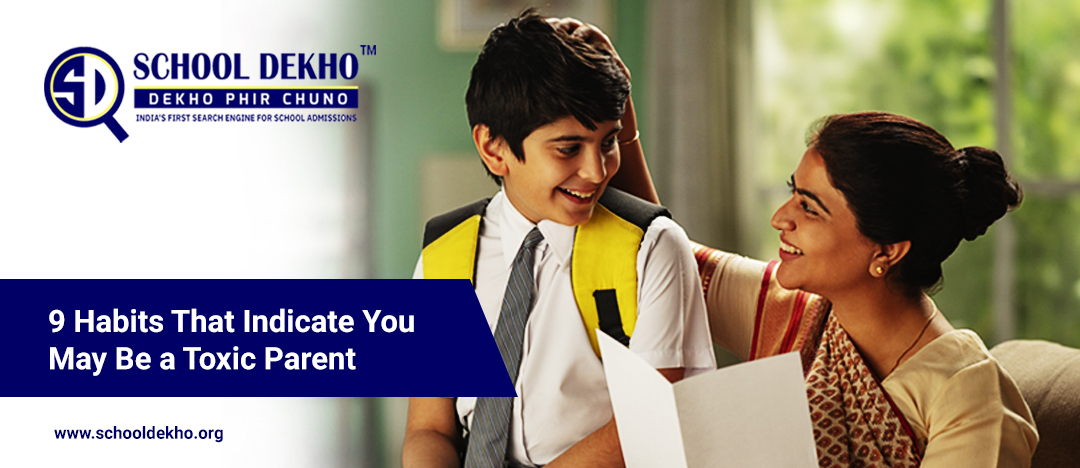9 Habits That Indicate You May Be a Toxic Parent

As a parent, it's natural to want the best for your child. However, sometimes certain parenting habits can become toxic and harmful to a child's emotional and mental development. In this article, we will discuss nine habits that may indicate you are a toxic parent.
1. Overcritical Behavior
Constantly criticizing your child's actions, thoughts, and feelings can lead to low self-esteem and a lack of confidence. Your child may become anxious and seek your approval constantly, even in adulthood.
2. Physical or Emotional Abuse
Any form of abuse, whether physical or emotional, can have long-term negative effects on a child's emotional and mental health. Physical abuse is more apparent and can cause visible scars, while emotional abuse is more subtle and can have long-term effects on a child's self-esteem.
3. Lack of Empathy
If you find yourself dismissing your child's feelings or emotions, it can lead to emotional distance and a lack of trust. Child may also begin to suppress their emotions, leading to an inability to communicate their feelings in the future.
4. Micromanaging
Micromanaging your child's life can lead to a lack of independence and self-reliance. A child may also become overly reliant on you for guidance and decision-making, which can have adverse effects in adulthood.
5. Setting Unrealistic Expectations
Setting unrealistic expectations for your child can lead to a feeling of inadequacy and constant disappointment. A child may also begin to fear failure and be afraid to take risks, which can affect their future goals and ambitions.
6. Not Allowing Privacy
Constantly invading your child's privacy can lead to feelings of anxiety and a lack of trust. A child may also begin to resent their parent for not allowing them to have their own space and independence.
7. Comparing Children
Comparing your child to their siblings or peers can lead to a feeling of inferiority and low self-esteem. A child may also begin to resent their sibling or develop an unhealthy competitive nature.
8. Refusing to Apologize
Refusing to apologize for your mistakes can lead to a lack of accountability and a toxic environment. A child may also begin to suppress their emotions and feel that their feelings are not valid.
9. Lack of Communication
A lack of open communication can lead to a feeling of emotional distance and a lack of trust. A child may also begin to suppress their feelings and become unable to communicate effectively in the future.
In conclusion, as a parent, it's important to recognize these toxic habits and take steps to address and change them. Seek counseling or support to learn healthier parenting techniques and improve your child's emotional and mental well-being. Remember, the best way to raise a healthy and happy child is to show them love, empathy, and understanding.
Contact with Us
Call: 1800 - 2588 - 074
Mail: info@schooldekho.org
Student’s Best Education Portal | School Dekho | India's First School Search Engine | Best Schools Near Me | Find Schools Near Me | Dekho Phir Chuno
#dekhophirchuno






